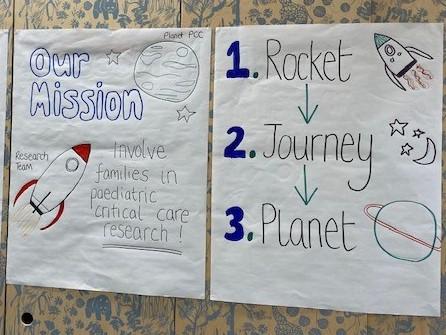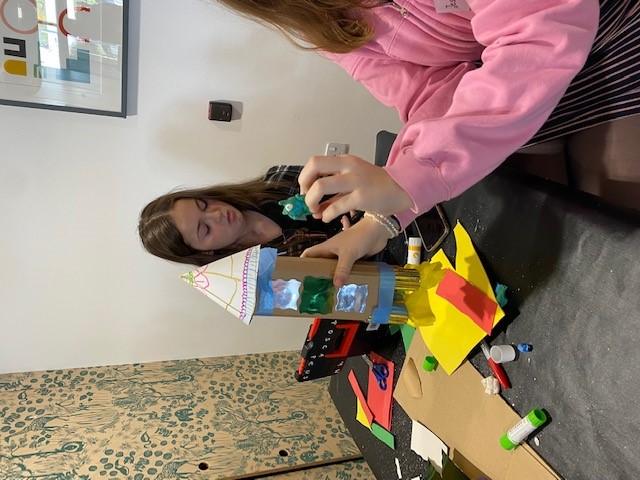Public Engagement
Patient and Public Involvement (PPI) opportunities and activities.
Involving patients, families and members of the public helps ensure that the clinical research we do is important and relevant, and carried out in the best way possible.
We have set-up a Patient and Public Involvement (PPI) group for paediatric critical care research called 'Intensive-Share'.
Would you like to get involved?

If you are a parent or carer of a child or young person - or a young person aged 12 or over - who has had experience in a paediatric critical care unit, we would love to tell you more about our work and the opportunities we have for you to get involved.
For more information, please contact:
Dr Laura Smith (laura.hodges@ed.ac.uk)
What does the Intensive-Share group do?
The Intensive-Share group will meet every 3-4 months either online or in-person. Group activities are very varied and will depend upon the interests of group members.

PPI activities could include:
- Helping clinicians and researchers prioritise areas of re search.
- Giving your views on research proposals.
- Developing materials for research studies, such as information sheets for children or for parents and carers.
- Contributing to the sharing of research results with the public.
What are the benefits of joining Intensive-Share?
By joining the PPIPPI group, you will have opportunities to develop your knowledge about paediatric research in critical care and share your views on current and future research projects.
You will also:

- Be offered training in key aspects of research.
- Be offered training in research/science communication.
- Receive reimbursement of reasonable travel expenses for group meetings.
- Receive voucher payments for your time spent at meetings or other tasks.
I liked helping make the research information sheet more child-friendly! It is much easier to read and more interesting to look at now!

